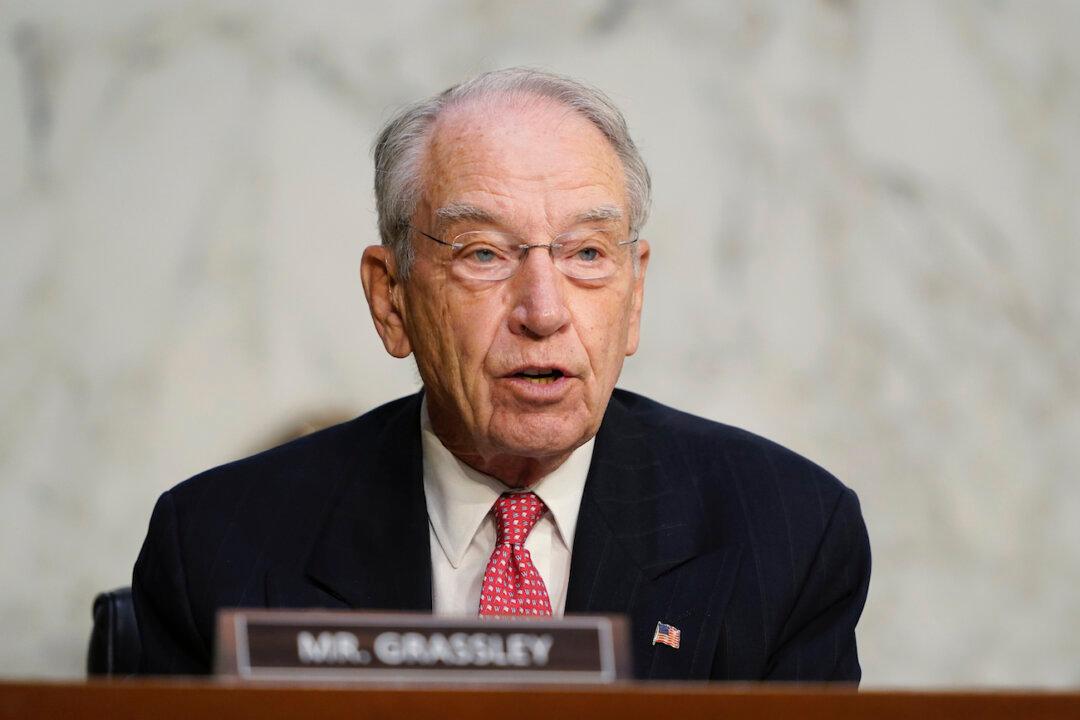Sen. Chuck Grassley (R-Iowa) issued a letter to Biden White House Counsel Dana Remus, requesting answers over efforts from the administration to form a “bipartisan commission” to study the federal court system and Supreme Court and develop recommendations for reform.
Grassley, the Chairman of the Senate Finance Committee and a Ranking Member on the Senate Judiciary Committee, demanded to know why the so-called “court reform” commission was formed with the support of the White House Counsel’s Office, which Grassley says could have the effect of “potentially shielding it from transparency laws and public accountability.”




